Did you know that you can use cinnamon to repel a wide range of pests, disease and other ailments in your garden and flowerbeds?
There are so many different commercial pest repellents, sprays and insecticide granules available on the market today. In fact, so many that it can often be overwhelming to figure out which spray kills which insects – and whether or not they harm beneficial ones in the process!
Unfortunately, even more concerning, those same products are often full of questionable chemicals and additives. Just one look at the container and you will see all of the warnings and precautions – often including how they are unsafe for children, pets, and yourself.
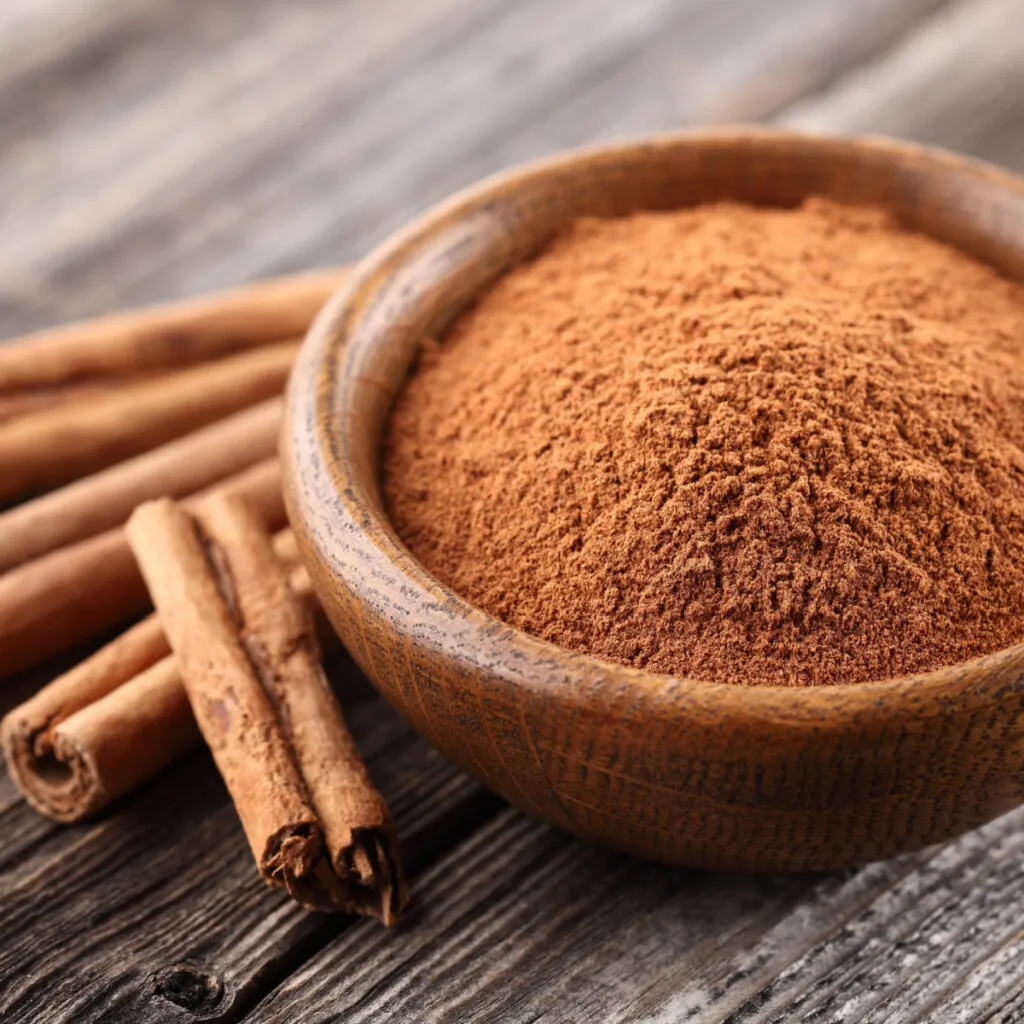
After reading a few labels, it can certainly leaving you wondering if it’s worth it to use these commercial products in your flowerbeds and landscape – let alone in the garden on or near the plants that will be producing fruits and vegetables you want to eat.
But that is exactly where cinnamon can help more than might ever think! This all-natural flavoring spice not only happens to be a great pantry staple, but also an amazing weapon against pests and other garden issues!
As you will see below, cinnamon is wonderful for repelling many pests. In addition, it also happens to have some amazing anti-fungal and antibacterial properties too. But perhaps best of all – it’s inexpensive, all-natural – and it works wonders for gardens and flowerbeds!
Using Cinnamon To Repel Pests
Due to its strong scent, cinnamon is disliked by a wide range of insects and pests that can cause problems in your flowerbeds and garden spaces. Most pests will choose to steer clear of spaces where the scent is found. For others, it’s the texture of cinnamon that sends them packing.
How To Use Cinnamon To Repel Pests
There are three main methods for applying cinnamon to help protect the plants in your garden and flowerbeds. Whichever method you choose to use, you will need to reapply after rain or every couple of weeks for the best results.
The easiest method is to simply sprinkle ground cinnamon directly on the soil or the foliage of affected plants. The cinnamon will not harm the plants if it gets into contact with the leaves. In fact, due to its antibacterial and anti-fungal properties, cinnamon actually helps heal cuts and wounds on plants.
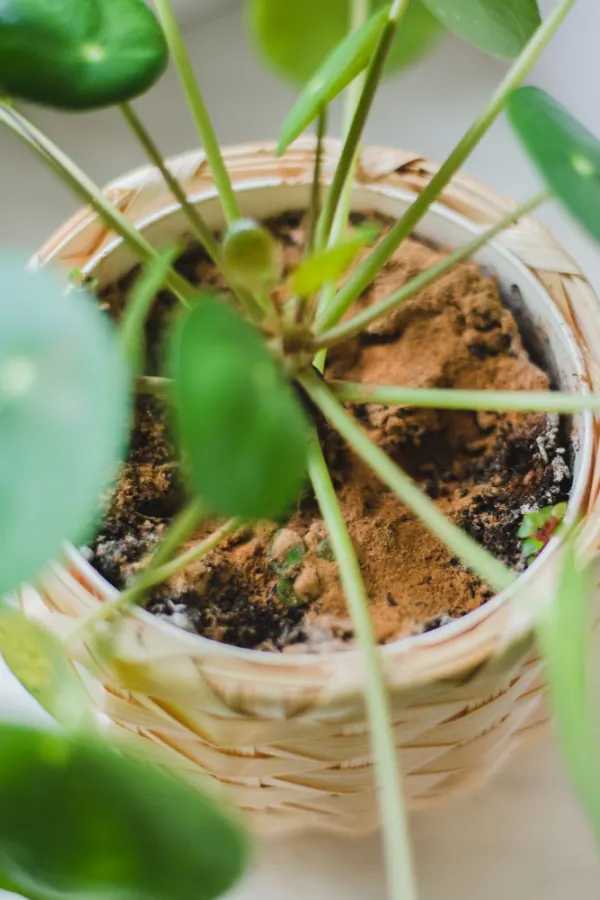
The second method for you using cinnamon is to create a homemade repellent spray. To make, mix two teaspoons of powdered cinnamon for every four cups of warm water. Allow this mixture to steep overnight.
The next day, strain the mixture through a coffee filter and add it to a spray bottle. Add in a couple of drops of rubbing alcohol, and a few drops of mild liquid soap and shake well. The dish soap simply helps the spray stick to the plants your are spraying. You can spray this mixture on the soil around plants or directly on the foliage if needed.
The third and final way you can use cinnamon is with cinnamon essential oil. This can be applied like a spray as well or the drops can be mixed into the soil surrounding your plants. The key when using oil is to make sure you are using 100% essential cinnamon oil. Affiliate Product Link: Pure Cinnamon Essential Oil.
Now that you now how cinnamon can be used, here is a look at how to best use it in your garden and flowerbeds to repel pests and more!
Different Insects Cinnamon Can Help Deter – Use Cinnamon To Repel Pests
Ants
While they might be tiny, ants can cause massive damage to the plants growing in your garden and flowerbeds. When a large colony of ants feasts on the foliage, stems, and blooms of many different plants, they often damage them beyond repair. They can also decimate new seedlings in no time at all.
Unfortunately, the issues don’t stop at the soil line. In fact, below the soil is where the damage and harm to your garden plants really happens.
Ants will create their colonies under the soil, digging tunnels that can often damage a plant’s root structure. Not only that, but the ants will often eat the plant’s roots as well, preventing them from absorbing the nutrients and moisture needed to grow and produce.
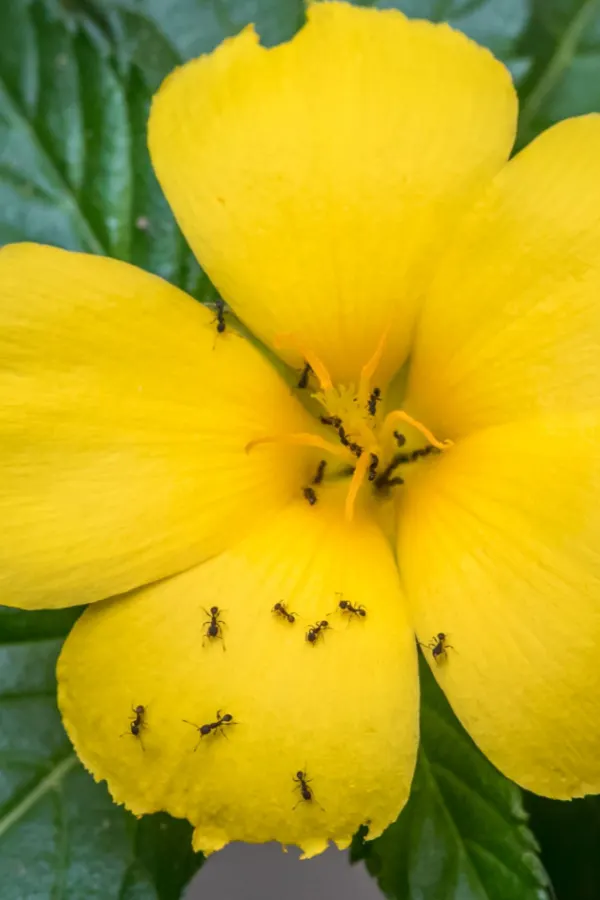
The good news? Ants detest the scent as well as the texture of cinnamon. Simply circle the base of plants with cinnamon powder, mix it into the soil, or create a barrier around the inside of your entire flowerbed with the spice.
For plants like peonies – a favorite of ants – you can even use the cinnamon spray directly on the plant foliage and blooms. The cinnamon will help to interrupt their pheromone paths and keep other ants from coming back!
Slugs – Use Cinnamon To Repel Pests
Slugs might appear as slow-moving, harmless creatures, but they can actually cause massive damage to your flowerbeds and garden crops. They can also carry diseases that can be transferred from one plant to another.
Lettuce, cabbage, strawberries, and tomatoes are some of their favorite choices. However, all garden plants can fall victim to these nocturnal creatures.
To help eliminate and repel slugs, use cinnamon. Simply sprinkle it around the base of plants or around the perimeter of the flowerbed. The cinnamon will stick to the slugs, deterring them from crossing and going further. For some other great methods for deterring slugs, check out our article: “How To Stop Slugs Naturally.”
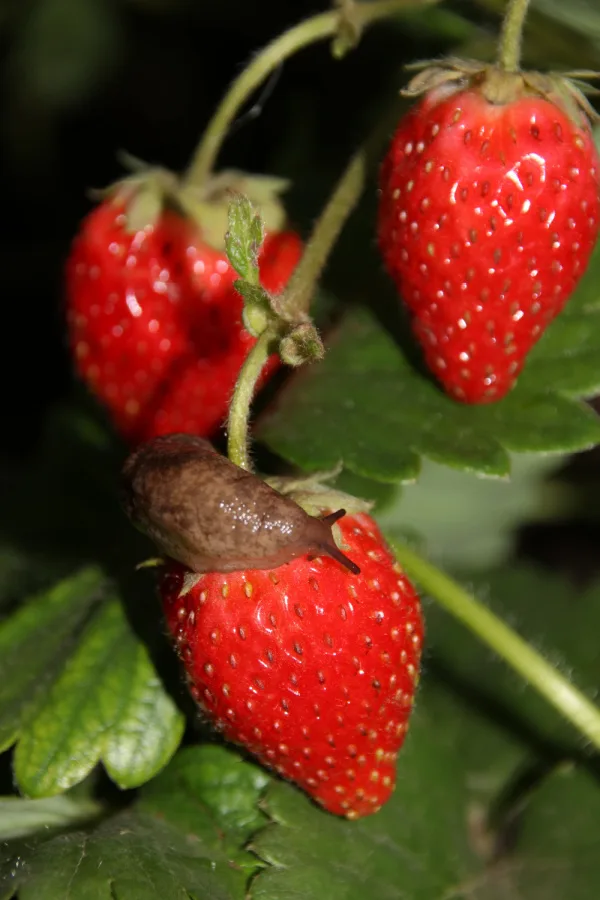
Thrips
Thrips are only as wide as a needle, but they can cause quick damage to garden and flowerbed plants if allowed to get out of control. This is especially the case since thrips often carry and transmit viruses to your plants.
Thrip damage looks like small streaks or white spots that are left behind when they feed on the plant cells. With a large enough infestation, you will also see stunted fruit and flowers. Damage can also appear because of the viruses that they transmit as well.
One thing is for sure, thrips do not like cinnamon. For starters, they do not like the scent of cinnamon. But they will also perish if they ingest it as well. Using cinnamon oil to spray on the plants will also deter thrips. In addition, the oil or powder can also help to deter aphids, spider mites, and whiteflies in the same manner!
Additional Garden And Flowerbed Pests – Use Cinnamon To Repel Pests
While most insects are deterred by cinnamon, there are some larger garden pests that also hate the scent of the spice. Rats, mice, raccoons, squirrels, rabbits, moles, and weasels will also stay away when the strong scent of cinnamon is around.
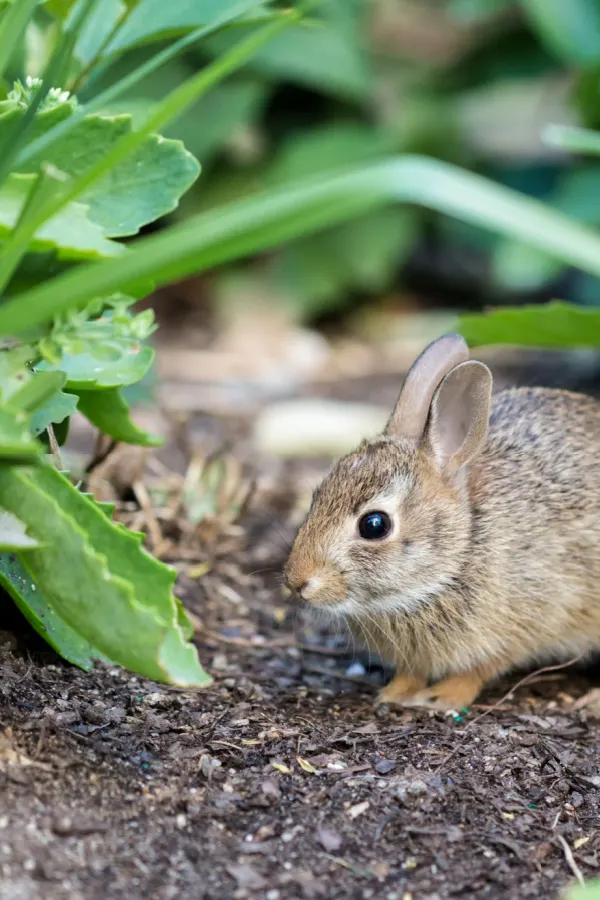
Sprinkle a little bit of cinnamon around the edges of your flowerbeds or garden to help deter these larger rodents and pests. The scent will cause the animals to find a different location for their next meal.
Other Benefits Of Using Cinnamon Besides Repeling Pests
Since cinnamon will not harm plants, you can take advantage of its antibacterial qualities and the fact that it’s a natural fungicide. Simply sprinkle the cinnamon directly on the soil, as well as the plants themselves if desired.
The cinnamon will help prevent mildew and mold from appearing on the soil’s surface. It is also noted as being able to help prevent damping off – a fatal issue that attacks new seedlings right after germination.
With all of its benefits, it’s no wonder many gardeners turn the cinnamon to help deter pests and help prevent fungus in their gardens and flowerbeds!
Follow Our Facebook Page For Even More Great Tips! Simple Garden Life Facebook Page
Simple Garden Life is a website dedicated to keeping gardening fun, simple and enjoyable! We publish two new articles each week along with a new garden podcast episode every two weeks. This article may contain affiliate links.
